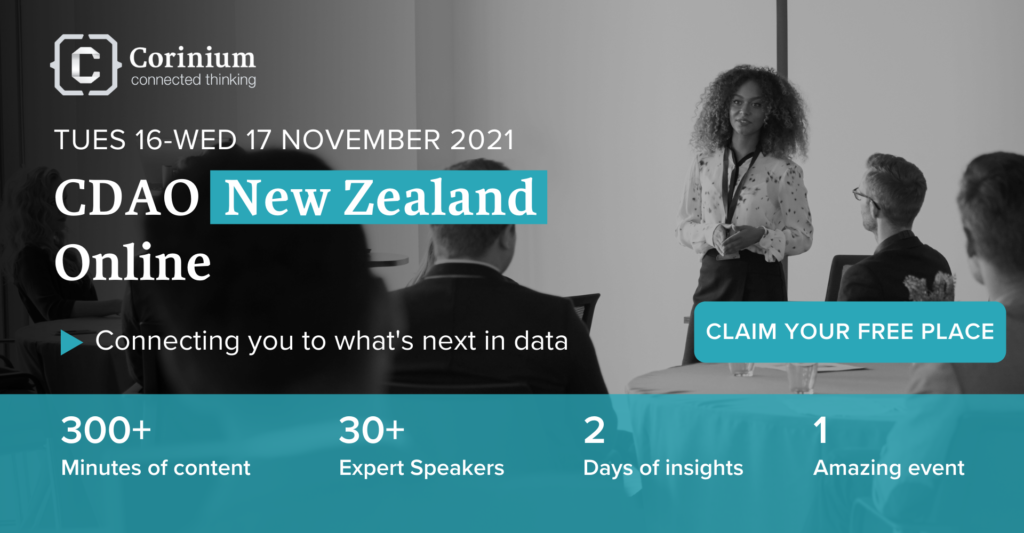Data Discipline Before Destination at Westpac NZ - Mike Willis

Westpac New Zealand Chapter Area Lead for Enterprise Information Management, Mike Willis, discusses the road to data maturity and great data governance
Banks and financial institutions often lead the pack when it comes to organizations with formal data and analytics strategies and programs. It’s unsurprising, given their scale and financial responsibility, not to mention that data and analytics can be found in the DNA of organizations that support complex financial systems.
But like many other organizations that are seeking to get more and more out of data science and advanced analytics, there is great appetite and potential for financial institutions to expand data functions.
This is particularly true in Australia and New Zealand, where the data and analytics renaissance is in full swing. This is an exciting time with many opportunities. However, as Westpac New Zealand Chapter Area Lead for Enterprise Information Management, Mike Willis says, there is a reality check that organizations need to face early on.
“It’s a great problem to have, that people are excited about what amazing things AI or data will do. But actually, to enable those things you need strong disciplines around data governance and data quality and architecture,” he says.
Now six months into his role at Westpac, Willis and his team have been working to advance data management practices that are rolled out across the whole organization.
“It’s a core data governance project to identify what our most important data items are, which of those drive outcomes, where they live, what the business process behind them is, what the risk profile around those processes are and how we can make them better.
“Previously we had six people doing data governance, now there is a whole-of-Westpac approach with strong stewardship right across business domains. Data governance or great data governance and management needs to be an everyday thing. It needs to be operationalised.
“There is a great appetite for embedding data into organizations in this region, but many companies may still be focused on existing policy documents, and naturally gravitate toward them to solve problems. Those policies are only as effective as day-to-day processes. So, part of my role is how we embed data governance in our business-as-usual models.”

Data Catalysts and Competition
Originally from the UK, Willis has been living in New Zealand for over three years, and he, like other Australian and New Zealand data leaders, recognises the maturity gap that exists in the region compared to the US and UK. But Willis does see the digitisation push from COVID and competitive pressures as having the potential to shrink the gap.
“I come from a data, risk, regulation and banking background in the UK, and one of the big drivers of data governance and data quality was the Global Financial Crisis, which didn’t have quite the same impact here as it did over there,” he says.
“There were big regulatory drivers that came into place. In the middle of the crisis, banks couldn’t really report key numbers and what was happening on the balance sheets, which was highly problematic.
“But there was also a drive for simplification. Partly because of risk but also in part because of low interest rates and in low growth environments the banks had to simplify. They very quickly learned that data could be a driver of that digitisation.”
The start-up scene, which has produced highly digitised and agile businesses that use data really effectively, is also driving change thinking within big organizations, Willis says.
“The competitive environment around start-ups and new entrants to banking is changing,” he says. "It is demonstrating to many senior leaders in the banks that this is the new world. It is data-driven and we have to be good at it to compete,” he says.
“We might not feel the competitive pressures on profit and loss now, but if you fast forward three or four years, in both New Zealand and Australia, it’s going to be a completely different competitive landscape.
“There are lots of big positives to come but there has to be a sense of realism that to get there and do more creative things, core capabilities have to be in place.”
To learn more about Westpac's data journey in New Zealand, reserve your free place at CDAO New Zealand Online, taking place on Tuesday 16th - Wednesday 17th November.



